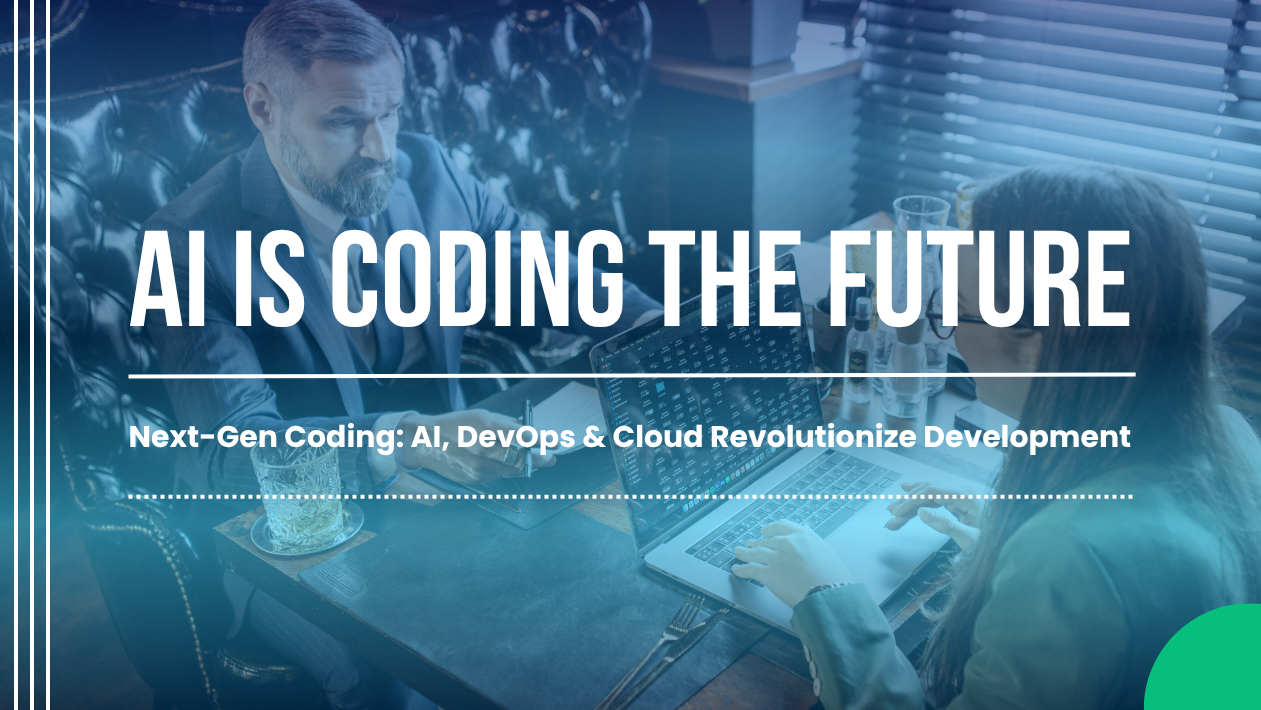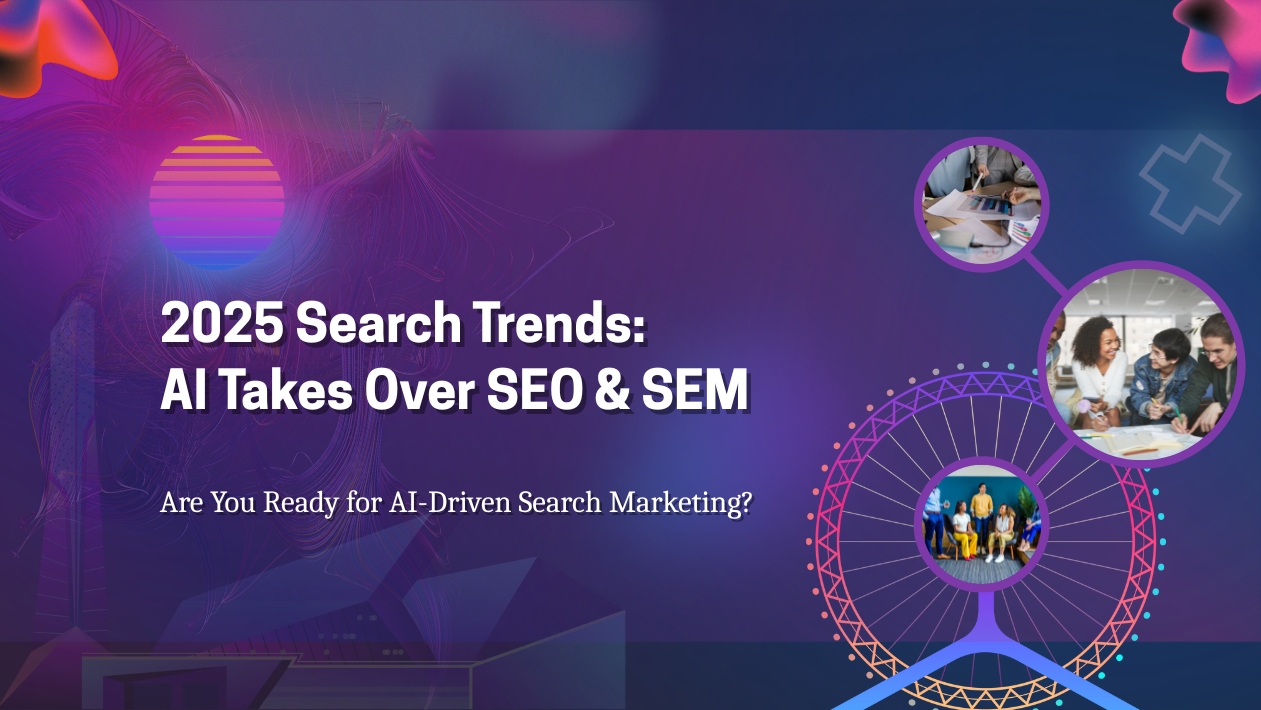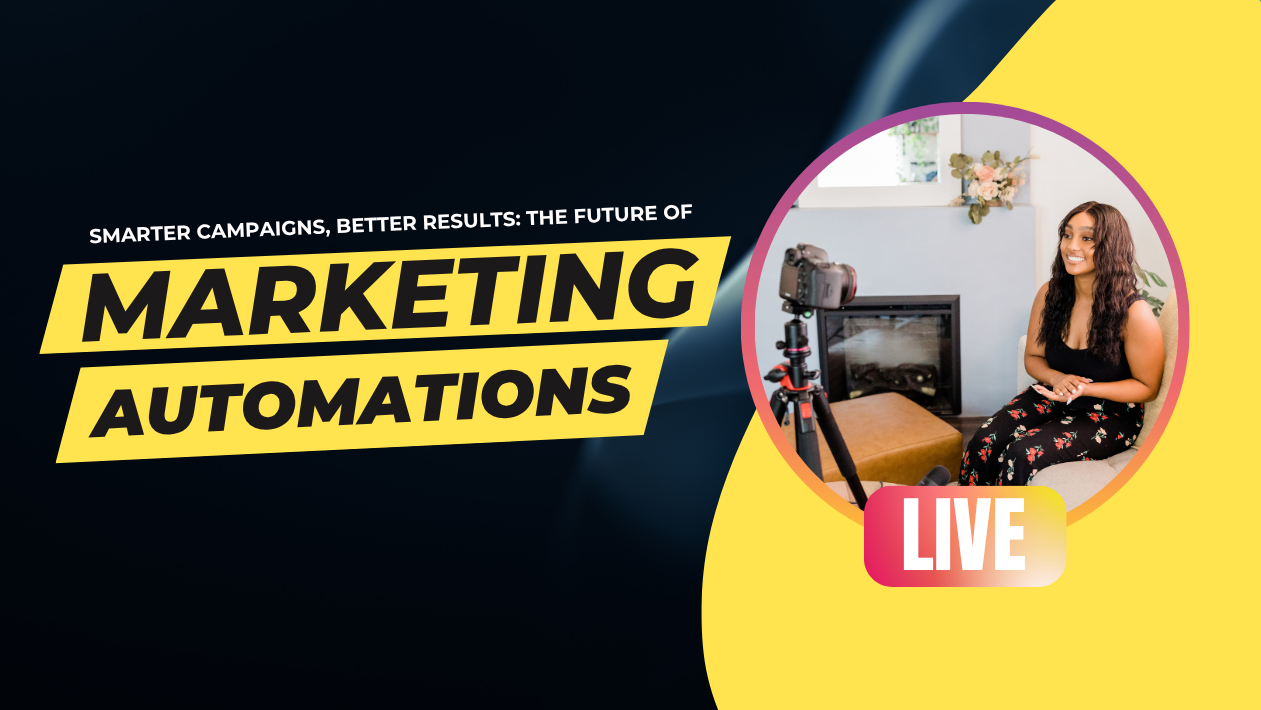In 2025, data and analytics have evolved from a back-office function to a core driver of strategic business growth. Organizations are leveraging real-time analytics, AI-powered insights, and data governance frameworks to make faster, smarter, and more ethical decisions across every function—from marketing to supply chain.
As business leaders demand actionable intelligence, the focus has shifted from simply collecting data to turning it into immediate, measurable value.
AI and Machine Learning Redefine Predictive Analytics
Advanced analytics in 2025 is fueled by AI and machine learning, enabling businesses to go beyond historical reporting and into predictive and prescriptive insights. AI models now forecast customer behavior, detect anomalies in real-time, and automate complex decision-making across sectors.
Platforms like Snowflake, Google BigQuery, and Microsoft Fabric are offering built-in AI layers, allowing analysts to run predictive models without coding expertise.
Real-Time Analytics Powers Agile Business Decisions
Gone are the days of static dashboards. Today, companies rely on real-time streaming analytics to respond instantly to changing market conditions, customer needs, and operational disruptions. Technologies like Apache Kafka, AWS Kinesis, and Azure Stream Analytics are being widely adopted for event-driven architecture.
Retailers use real-time data to optimize inventory, banks detect fraud within seconds, and logistics firms reroute deliveries based on live traffic and weather data.
Data Democratization and Self-Service Analytics Expand
With user-friendly BI tools like Power BI, Tableau, and Looker becoming more intuitive and AI-assisted, business users across departments can now access and explore data without waiting on IT.
This data democratization is leading to a cultural shift, where decisions are no longer made by instinct, but by evidence and insight—available to everyone from executives to frontline staff.
Data Governance and Ethics Take Center Stage
As regulations like the AI Act, GDPR 2.0, and India’s Digital Personal Data Protection Act evolve, companies are doubling down on data governance, lineage tracking, and ethical AI practices.
Privacy-first analytics, data anonymization, and bias audits are now essential parts of enterprise analytics strategies. Trust in data is not just a compliance issue—it’s a brand differentiator.
Synthetic Data and Data Fabric Gain Momentum
To address data scarcity and security concerns, companies are increasingly using synthetic data—AI-generated data that mimics real-world scenarios—for model training and testing. Meanwhile, data fabric architectures unify access across cloud, on-prem, and hybrid environments, reducing silos and speeding up insights.
Outlook: Business-Ready Data, Faster than Ever
The data and analytics landscape in 2025 is defined by speed, intelligence, and responsibility. Winning organizations are those that can turn their data assets into real-time, AI-enhanced decisions—while maintaining trust, transparency, and compliance at every step.





